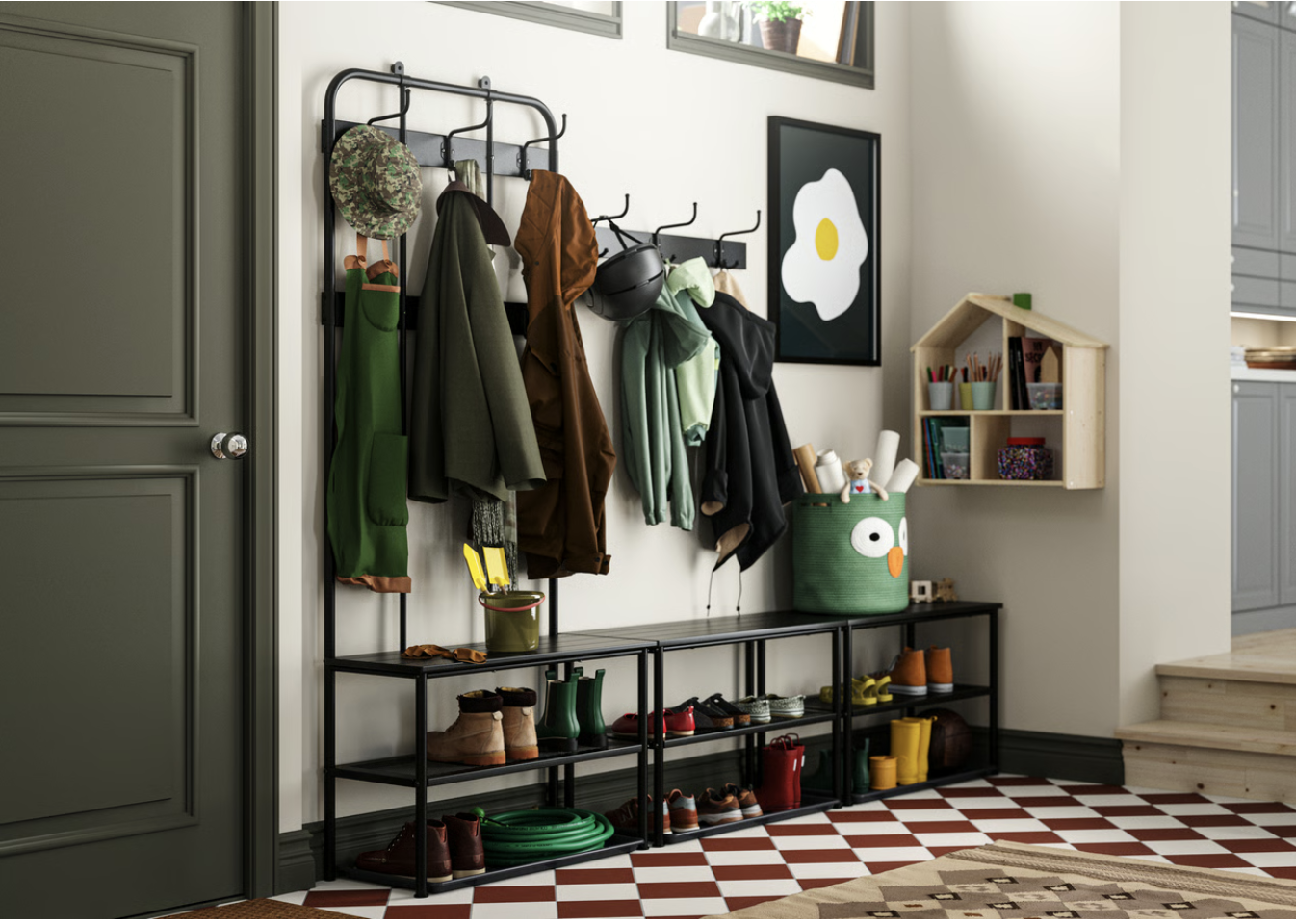Without Bees, We’re Screwed (and Hungry)
Why Bees and Butterflies Are So Important
1. They’re Pollination Powerhouses
Bees and butterflies are two of the most important pollinators on the planet. As they collect nectar from flowers, they transfer pollen from one plant to another. This process helps plants reproduce, leading to the fruits, vegetables, nuts, and seeds that make up a huge portion of the human diet. In fact, one out of every three bites of food you eat depends on pollinators.
2. They Support Biodiversity
Healthy pollinator populations support diverse ecosystems. Many plants depend entirely on bees and butterflies to reproduce. These plants, in turn, support countless other species, from birds to small mammals. It’s all connected: the more pollinators we have, the richer and more resilient our natural world becomes.
3. They’re Environmental Indicators
Because they’re sensitive to changes in their environment, bees and butterflies are like nature’s early warning system. A decline in their numbers is often the first sign of trouble—pollution, habitat loss, pesticide use, or climate change. When they suffer, it’s a signal that we need to take action.
What Happens If We Lose Bees?
Without enough bees, pollination drops dramatically. That means fewer fruits, vegetables, nuts, and seeds—which impacts not only our diets but global food security. Crops like apples, almonds, berries, and squash rely on bees to thrive. Without them, food becomes scarcer and more expensive.
It's not just about food, either. Many plants that support wildlife won’t reproduce effectively without pollinators, leading to a ripple effect through entire ecosystems. Less plant life means less shelter and food for birds, small mammals, and other insects, and a collapse in biodiversity.
You’ve probably seen them flitting from flower to flower—bees buzzing busily, butterflies dancing in the air. These tiny creatures often get overlooked in the grand scheme of things, but they play a massive role in keeping our ecosystems healthy and our food supply thriving. Without them, our world would look—and taste—very different.
How You Can Help Bees and Butterflies Thrive
You don’t need to be a farmer, scientist, or gardener to make a difference. Even small actions can have a big impact. Here’s how you can help:
1. Plant a Pollinator-Friendly Garden
You don’t need a huge yard to support pollinators—just a few pots of native flowering plants can do wonders. Choose a mix of colors, shapes, and bloom times so there’s something for pollinators to enjoy from spring through fall. Native species are best because they co-evolved with local pollinators and require less maintenance.
2. Avoid Pesticides and Herbicides
Many garden chemicals harm pollinators, even if they’re labeled as “safe.” Opt for organic or natural pest control methods, or embrace a little imperfection in your garden. A few nibbled leaves are a small price to pay for helping the ecosystem. Don’t ever use Round Up. Period.
3. Provide Water and Shelter
A shallow dish with water and stones (for landing) helps bees stay hydrated, especially during hot months. You can also leave a small patch of bare soil for ground-nesting bees or install a bee hotel to give solitary bees a safe place to live. Butterflies appreciate sunny spots and shelter from the wind.
4. Support Local, Organic, and Pollinator-Conscious Farms
When you shop, look for produce that’s grown without harmful chemicals. Supporting small farms and farmers’ markets often means supporting better practices for pollinators and the planet.
5. Spread the Word
Educate your neighbors, share resources with schools, post on social media, or volunteer for a local conservation group. The more people know, the more support we can build for pollinator-friendly policies and practices.














